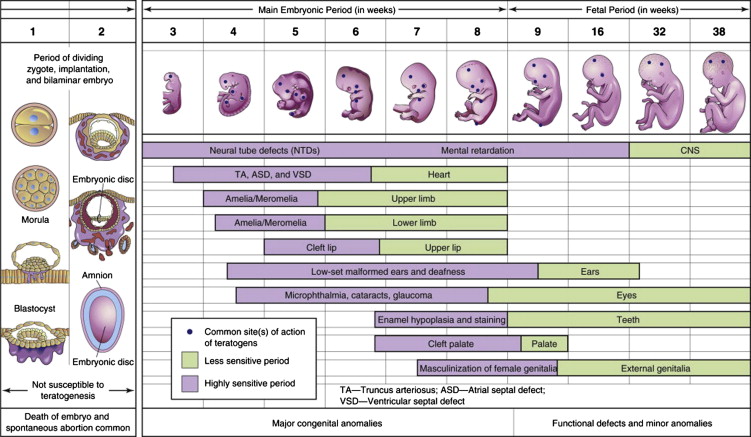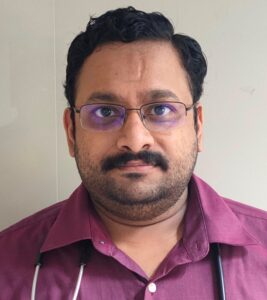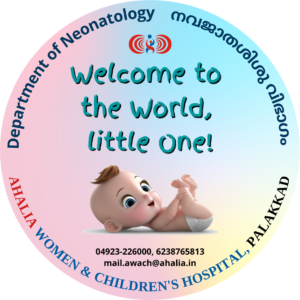The biggest miracle in the world is the birth of a healthy newborn baby without any complications. From the moment a zygote is formed after fertilization, to the moment a baby is delivered, unimaginable series of intricate changes keep happening, with impeccable accuracy- something that cannot be programmed or engineered by anyone but the Divine. Unfortunately however, these miracles may not happen always, and some babies end up in Neonatal Intensive Care Units (NICU). This is where we come on the scene.

The Super Speciality dealing with the intensive care of newborns (neonates) is called Neonatology, and it is a 3 year DM Course after post-graduating in Pediatrics. As a Neonatologist, I have been blessed to witness the arrival of hundreds of babies to this world. And we at Ahalia Women & Children’s Hospital welcome these little ones as a team- A Neonatologist or a Pediatrician along with NICU Nursing staff are always present during any normal delivery/caesarean, along with our Obstetrics team. We make sure that the transition of the baby from the in-utero to the outside world is smooth.
A baby can have innumerable problems at birth- ranging from mild conditions like Transient Tachypnea of Neonate- a common self-resolving problem where lung fluid takes longer to get absorbed, to very serious conditions like Birth Asphyxia- where a newborn baby does not cry (does not take breath) at birth, leading to deprivation of oxygen & blood supply to the brain, where unless we give artificial breaths (respiratory support) immediately, there can be permanent brain damage or even death.
The first minute after birth is called the ‘golden minute’ and the first hour is called the ‘golden hour’ and timely expert management largely determines the outcomes of these newborn babies. Transporting a sick newborn baby after delivery, even in a fully equipped ambulance is not only difficult, but also is risky. The best way of transport in anticipated ‘high-risk’ or complicated pregnancies is ‘in-utero transport’, where the expectant mother is shifted to a hospital with good NICU facilities before delivery, as the uterus is the best transport incubator for the baby!
My genuine advice to all expecting parents while choosing a hospital for delivery is, not to just consider the Obstetric facilities alone, but also to consider the NICU facilities in that hospital, in case something unforeseen happens.
Wishing and praying for miracles to continue.

Dr. Padmesh Vadakepat
DNB (Pediatrics), DM (Neonatology)
Consultant Neonatologist
Ahalia Women & Children’s Hospital, Palakkad

